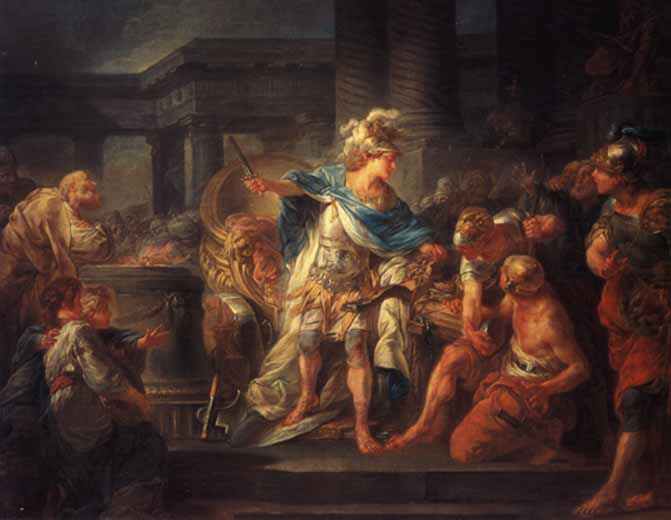“It’s the government’s place to help people.” That is the common assumption behind most of modern American political thought.
What does such a view mean in practice?
The forcing of one person to work on behalf of another. And this, not for the sake of defending the country against an invader or a criminal, but for the sake of giving to a man those positive comforts he has not attained for himself. “If a person is unable to take care of himself, it is proper to force others to take care of him,” this view holds.
The assumption of the “nanny-state” creates for us a Gordian Knot of difficulties.
Who is to say which people should take care of which other people? By what principle? How do we prevent this system of redistribution from becoming a tool which every pressure-group wields against every other? Do these redistributions help the poor in the long run, or do they enable an entitlement mentality? Why should those who create the most wealth be required to forfeit the results of their greater labor, care, and ability? How can an economy flourish without freedom?
These questions do not have nice answers—it would be nice if we didn’t need to ask them in the first place.
In this series we will see why we do not need the Gordian Knot of our modern assumptions. We will see why the only moral and biblical solution is to slice these assumptions from our minds.
What is real justice, according to Scripture? And what does Scripture tell us about the faddish ideology of “social justice” (socialism) that now sweeps the church? Following the analysis of John Frame, we will see that Scripture never places the state as a nursemaid. The state is the protector of individual liberty and property.
Too often, we hear that the Bible doesn’t take a position on capitalism or socialism. That’s false. We’ll see why.
In this series:
